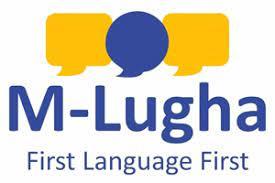If you don’t understand, how can you learn? | Blog | Global Partnership for Education
Imagine living in a rural or pastoralist community and walking into a classroom for the first time where the language of instruction is either English or Swahili and the teacher doesn’t understand your mother tongue.
With over 80 spoken tongues in Kenya, most people from rural areas face dialect problems. Mother tongue education implementation remains a challenge and, in most pastoralist and rural communities, the language of instruction is either English or Swahili, which is a challenge for most children. Imagine trying to learn when you don’t understand what the teacher is saying!
A problem I could no longer ignore
My name is Abdinoor Alimahdi, from Kenya, I am 32 years old. I’m a telecom engineer and for a long time I didn’t have much interest in education. I was doing well in the telecoms industry and when I left it I was regional head.
But I could no longer ignore the level of education inequality and crisis I could see in my region: from unending mass failure, mass exodus of teachers due to security issues, especially after the Garissa University attack, and above all poor command of the language of instruction.
Since I had no education or teaching background, I enrolled in a master’s for ICT in education and instructional design.













Add new comment